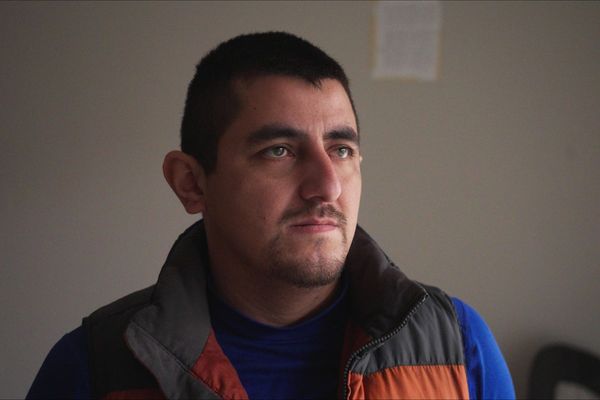
Nato general secretary Mark Rutte has warned that the West is “not ready” to deal with the threat of war from Vladimir Putin’s Russia.
His warning has come amid concerns over the future course of the war in Ukraine, with the election of Donald Trump as the next US president raising fears that American backing for Kyiv could be withdrawn.
While a number of Nato member states – including the Netherlands, where Mr Rutte stepped down as prime minister earlier this year – do not yet meet the 2 per cent of GDP threshold for defence spending, there are also concerns over the failure of Sir Keir Starmer to specify a timescale in relation to his pledge to increase UK spending to 2.5 per cent.
In a foreboding speech in Brussels, Mr Rutte said: “Russia is preparing for long-term confrontation, with Ukraine and with us,” adding: “We are not ready for what is coming our way in four to five years.
“It is time to shift to a wartime mindset, and turbocharge our defence production and defence spending.”

Mr Rutte demanded that leaders “stop creating barriers between each other and between industries, banks and pension funds”.
And addressing the defence companies, he said: “There is money on the table, and it will only increase. So dare to innovate and take risks.”
Some experts have warned that the UK’s goal to eventually reach a 2.5 per cent defence spending target may still not be enough.
A report last month suggested that the British army would survive just six months in a full-scale war with Russia.
During a speech at the Royal United Services Institute in London, veterans minister Alistair Carns said: “In a war of scale – not a limited intervention, but one similar to Ukraine – our army, for example, on the current casualty rates, would be expended – as part of a broader multinational coalition – in six months to a year.”
There are concerns that the size of the army could fall below 70,000 as a result of the review being carried out by defence secretary John Healey.
Mr Healey has already taken a frigate out of operation, along with scores of helicopters and Britain’s two amphibious landing craft.
The issue of Nato members meeting the 2 per cent target is set to become a hot topic, with President-elect Trump saying he will pull the US out of the alliance if member states do not all meet the minimum amount.







